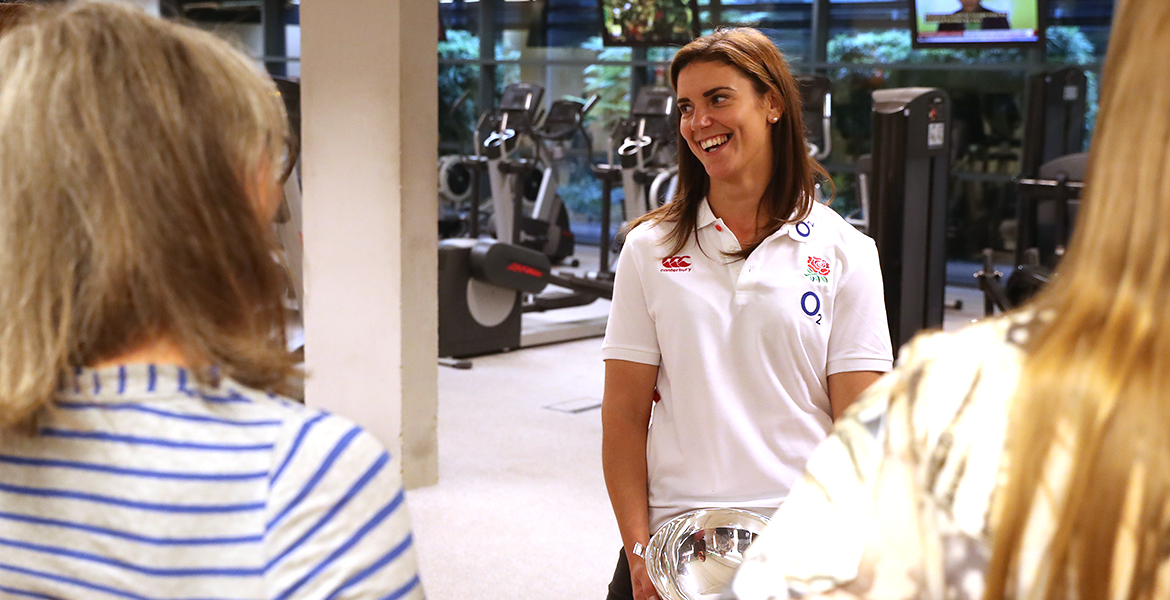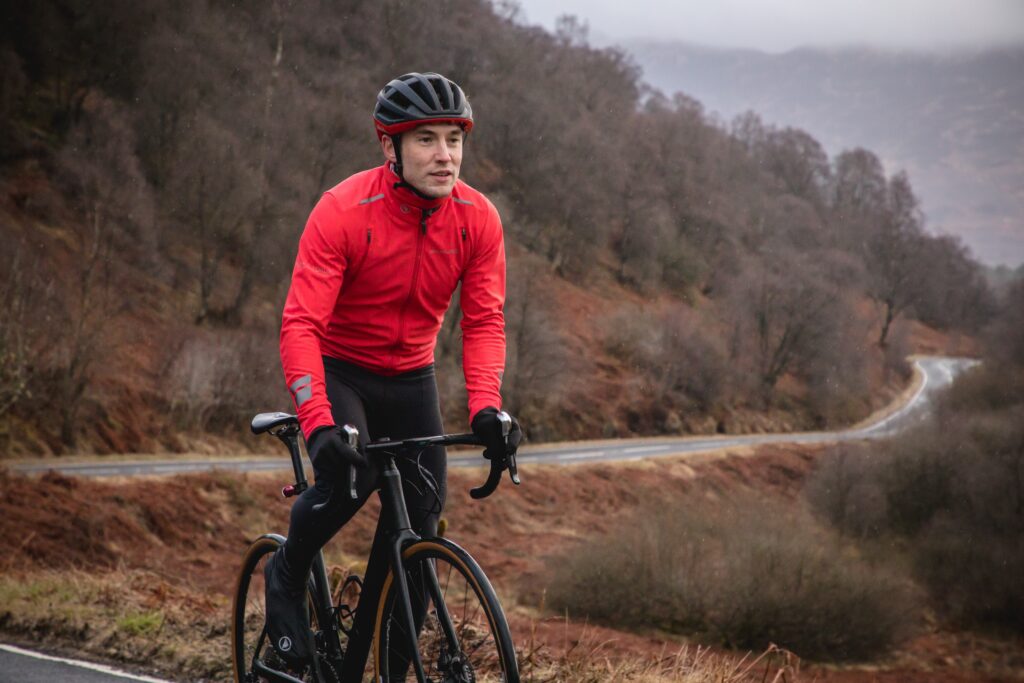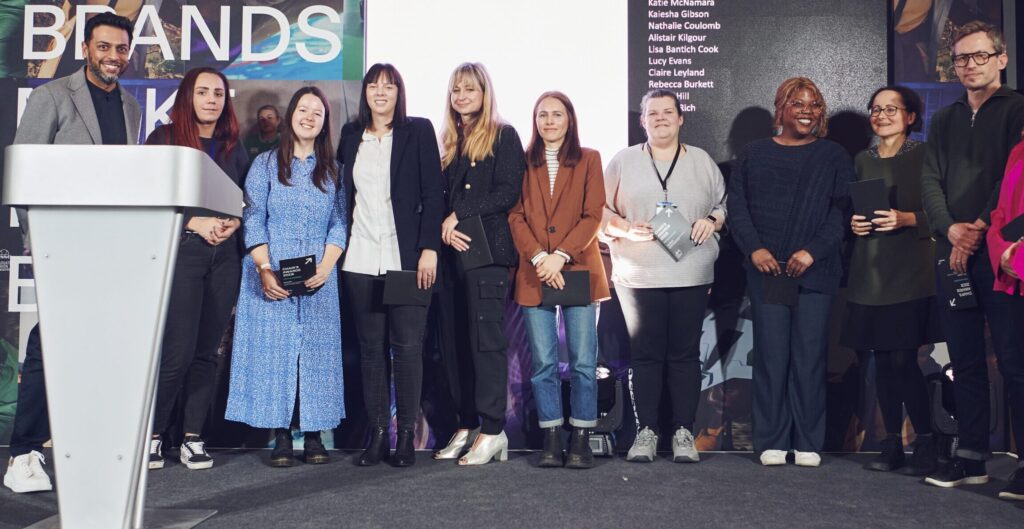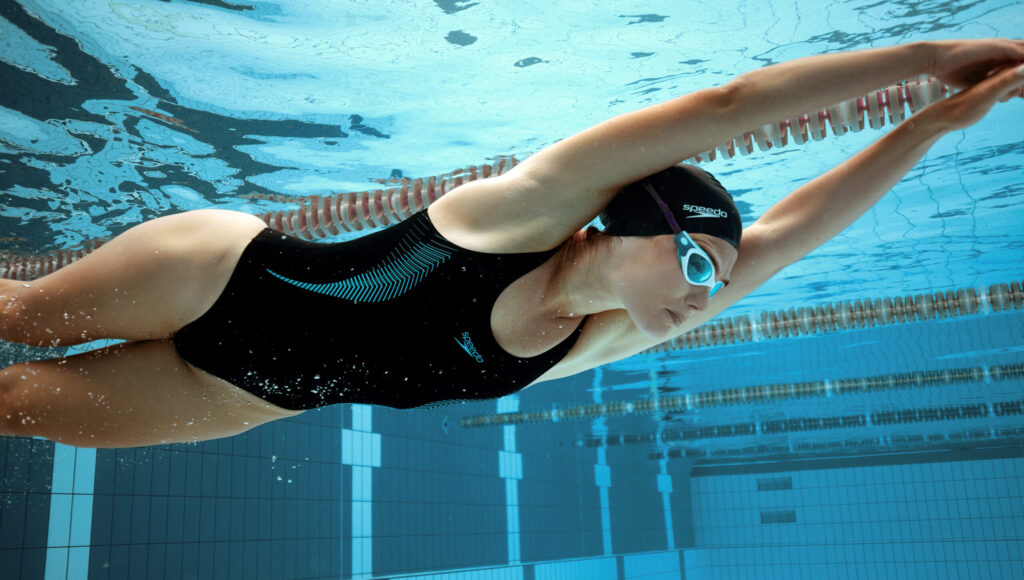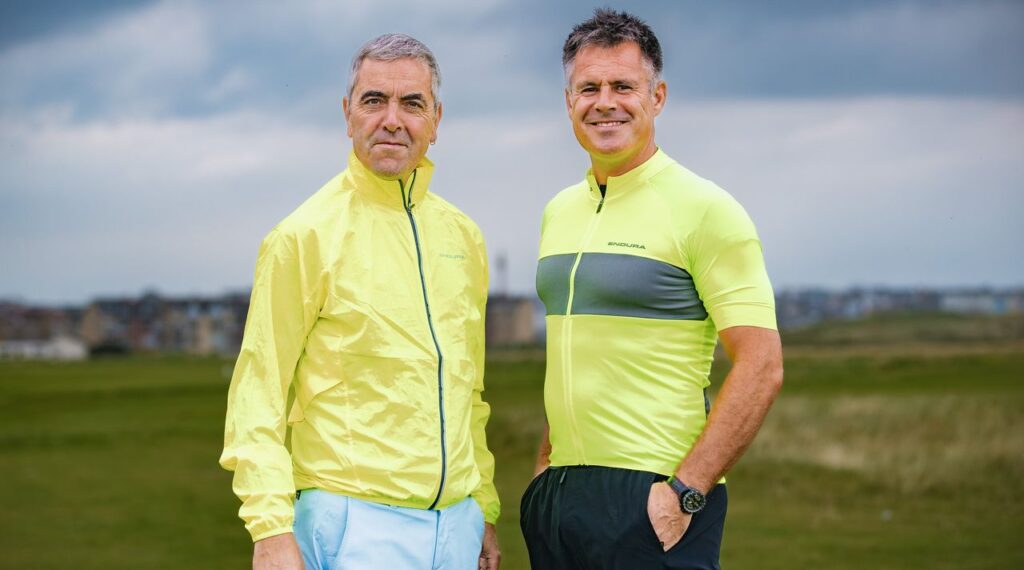What makes a great leader? When Sarah Hunter, the England womens’ rugby captain, stopped by Pentland Brands in London in late September, it was a great opportunity to get her insight on heading up a successful team.
Since becoming captain, she was named Player of the Year in 2016, and led her team to a nail-biting World Cup final this summer. So at the RFU Partners Day, held at our Finchley headquarters, we sat down with Sarah to grill her on her leadership tips.
When you became captain, did you already know what sort of leader you wanted to be – or did you learn on the job?
‘For me, my style definitely developed over time! Never did I think, ‘I want to be England captain’, I just had aspirations to be the best player I could be. But the more I’ve done it, I’ve realised it’s about having the confidence to have my own style of leadership, not to try and be like anyone else. It’s about staying true to who I am.’
How would you describe your leadership style?
‘It’s about leading by example. I would never ask anyone to do something that I wouldn’t expect of myself. If people on the pitch can see the way I play, that I’m leading from the front then hopefully that motivates the rest of the team to follow. Off the pitch, I try to set an example in the way I do things, and live behind those behaviours, too.’
What’s the biggest learning you’ve gone through as captain?
‘Not trying to be someone you aren’t, because that comes across as false, and people don’t buy into you. And it’s so important to find your ‘generals’, too – those people that will support you, that you can go to and share the lows rather than getting stressed about everything yourself.’
How important is collaboration when you’re a leader?
‘It’s massively important – there are so many people you need to work closely alongside. Just because you’re a leader you don’t have to do everything yourself, and actually, there might be someone better placed to take something on.’
Your team had an incredibly successful World Cup tournament, and it’s been already described as a game-changer for womens’ rugby…
‘Before we went out to Belfast, never did I imagine that there would be a sell-out capacity crowd and that the final would be broadcast on ITV1 on Saturday night! But it’s about time, too, that it got equal billing [with the mens’ game]. The quality of the games we played in the build-up were actually something people want to watch, which was why it was on mainstream TV. They knew it would be competitive and [that final] was probably the best women’s game that there has ever been.’
How difficult was it as leader to support your team when you narrowly lost the final to New Zealand?
‘That was the biggest thing. When you’re in the huddle and you look around and can see the devastation on the other girls’ faces, you think, this is probably the one time to get things right. As a team, you win and lose games together. The most important thing for us was to stay together and be there for one another during those difficult times.
‘We had a tournament saying, which was ‘We stand tall’. It had different meanings – during a game it could be about not showing the opposition how tired we were, and it could also be about showing pride and respect, regardless of winning or losing. And that was really important after the final – there’s a photo that shows us all watching the opposition get their medals. It’s poignant because it shows that during the toughest times as a team you have to pull together.’

